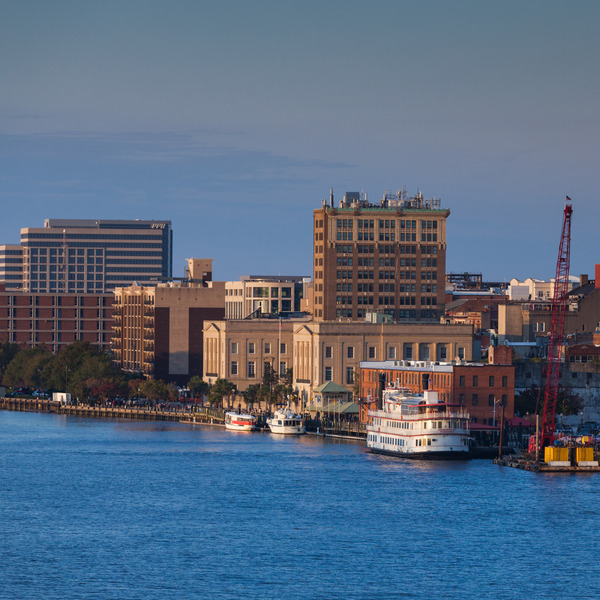The Hollywood Reporter
The province’s production boom shows no signs of slowing, even as the streamers enter a new era of cost controls: “What’s important is our services are structured so we can adapt and be flexible.“

With Hollywood in need of cost-effective programming as the streamers begin to tighten their belts, local film studio operators see an opening for Ontario as the major studios reach for generous currency and tax credit savings.
Ontario is projected to add another 2.3 million square feet of studio space to an existing 3.7 million square feet of soundstages and production space over the next four years. Amid speculation about whether the video streaming market is finally oversaturated, studio operators in and around Toronto do not expect major streaming services to greatly cut back on content spending — at least in the near future.
“Netflix, Amazon, Apple, they’re still doing their production. The filtering down of [content] cutbacks, we haven’t felt that,” Paul Bronfman, chairman and CEO of studio operator Comweb Corp., tells The Hollywood Reporter amid talk of a Hollywood spending slump just as the Toronto Film Festival gets underway.
“There’s a little bit more caution in the air, with what Netflix has gone through for the streamers, a little more discretionary spending, but it’s not widespread in terms of deep cuts in production,” adds Rick Perotto, vp business development at William F. White International, a soundstage and production equipment supplier.
After Netflix recently posted its first subscriber losses and slower revenue growth, the video streaming giant said it would be “pulling back” on “spend growth across both content and non-content spend.” This was followed by a raft of layoffs and cancellations at HBO Max.
That sparked speculation in Hollywood amid Peak TV and a streaming spending arms race would see belt-tightening across the industry. Karen Thorne-Stone, president and CEO of Ontario Creates, which markets the province in Los Angeles, says the Ontario industry is taking the current streaming business disruption in stride.
“Change and evolution in this industry is a constant. What’s important is our services are structured so we can adapt and be flexible,” she tells THR. Thorne-Storne adds Ontario will continue to zig and zag in response to changing industry conditions.
“Our value proposition is strong enough that whoever is making content is coming to Ontario to do so because of the extraordinary talent that we’ve got, because of the incentives that are competitive and improving, and because we’re being responsive and nimble,” she says.
That flexibility from the Ontario industry includes the province projecting to add another 2.3 million square feet of studio space to an existing 3.7 million square feet of soundstages and production space over the next four years.
“What’s exciting is there’s a large amount of stage space being built in the greater Toronto area and also outside,” adds Justin Cutler, Ontario’s film commissioner. Cutler points to 54 live-action projects currently shooting in Ontario, a record for the local production sector.
To future-proof the provincial industry, Ontario Creates is spearheading increased training and hiring of production crews and behind-the-scenes talent. “I know our unions and guilds take this seriously and have launched a number of outreach programs,” Cutler said.
Given expanding studio building, local players see major studios and streamers returning to Ontario for stability after shooting elsewhere worldwide. “They’re going back to core markets, and Toronto is one,” says Eoin Egan, COO and co-managing partner at Cinespace Studios.
That means local production crews and creatives are going from project to project to satisfy the demand by American producers to shoot locally. “A lot of line producers have been working back-to-back, which is great, and a lot of heads of departments as well. We’re seeing that trend continue,” Egan adds.
And as Hollywood streamers continue piling on content to hook subscribers, local studio operators see them spending more wisely. “There are going to be better shows,” says Michael Cerenzie, CEO and founder of Stratagem Studios. “There’s going to be more discretion. That’s a good thing.”
Jason Ross Jallet produced actor-turned-filmmaker Avan Jogia’s directorial debut and neo-noir thriller Door Mouse, starring Hayley Law, in Sudbury. He argues new film studios in northern Ontario are needed to get bigger budget Hollywood projects to move north well beyond Toronto.
“With the Ontario industry getting busier and busier, the [greater Toronto] studio space is getting broader and wider. There’s great potential in northern Ontario and that would add to the draw of what we’re doing,” Jallet told THR.
Another possible growth opportunity for Toronto may come from increased tentpole feature production, which in recent years has shifted more to Vancouver as Ontario set itself up for TV production.
Hollywood, meanwhile, will keep coming to Ontario for currency savings and generous tax incentives. “Those two things will continue to hold us in a good position,” TriBro Studios president Peter Apostolopoulos says of the low Canadian dollar and tax breaks.





